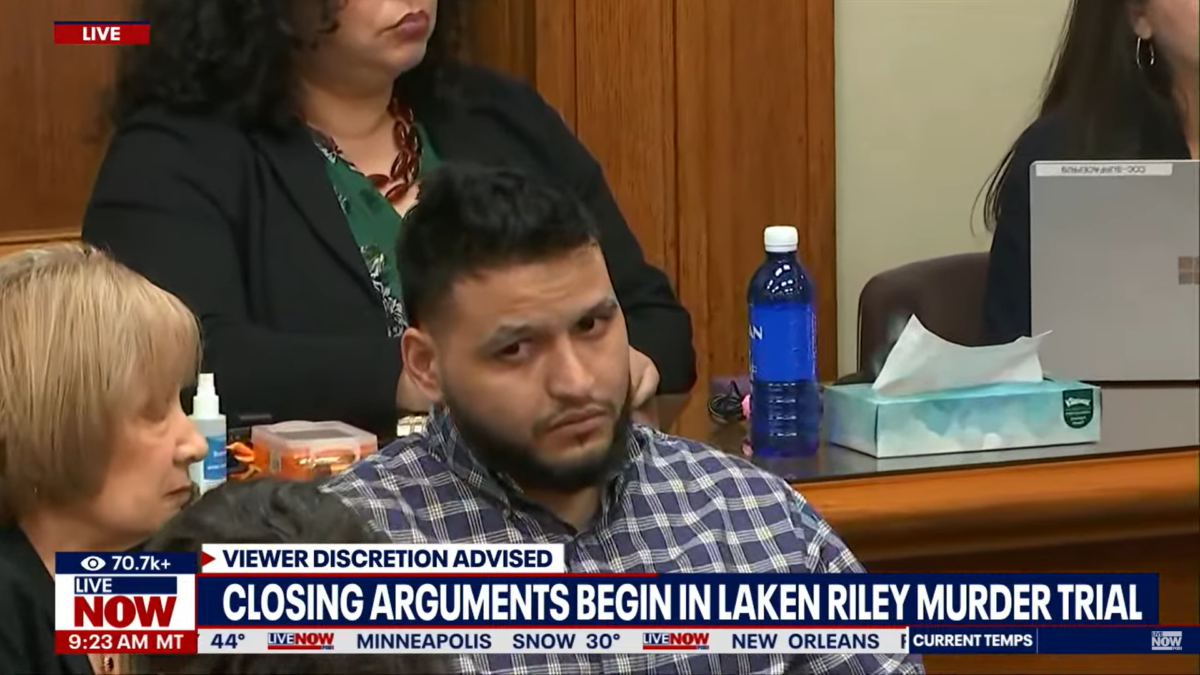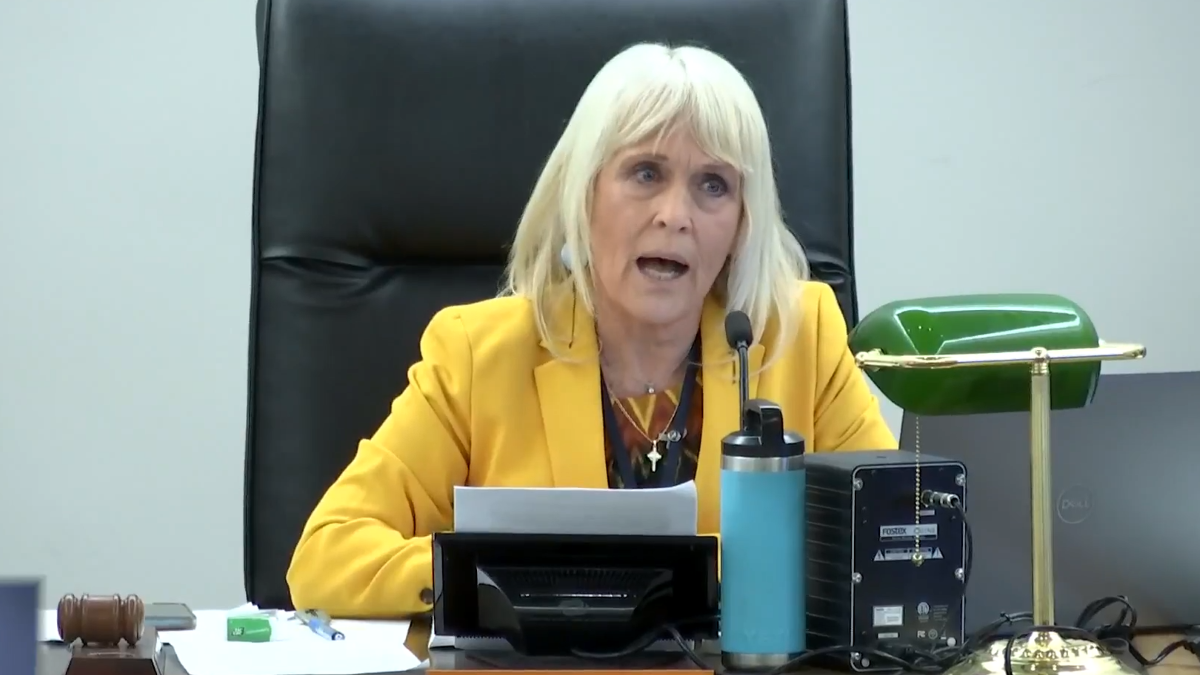Knox County, Tennessee saw nine deaths by suicide within 48 hours this week as doomsday predictions over the novel Wuhan coronavirus panics an already axious public and leaves millions unemployed and isolated.
In Tennessee, the crisis is taking its toll on those who were not physically sick but who appear to have fallen victim to the virus anyway. As of this writing, more people have died from suicide in Knox County than people have from the virus in the entire state, where there have been 6 fatalities from the disease, according to the Tennessee Department of Health.
“That number is completely shocking and makes me wonder if what we are doing now is really the best approach,” said Knoxville, Tennessee Mayor Glenn Jacobs. “We have to determine how we can respond to COVID-19 in a way that keeps our economy intact, keeps people employed and empowers them with a feeling of hope and optimism – not desperation and despair.”
While it is unclear at this point whether the recent suicides were directly linked to the epidemic of the spread virus, their timing alone is strongly indicative, if not proof that they were. According to local Knoxville news station WBIR, the county’s suicides over the span of two days this week equates to about 10 percent of last year’s total where 83 lives were lost to suicide.
“Now, more than ever, we need to be kinder and gentler with ourselves and with each other,” said Dr. Martha Buchanan when speaking about the recent spike. “If you are struggling, I encourage you to reach out. Reach out to your pastor, a friend, call the hotlines.”
The national suicide hotline is 1-800-273-8255. More resources are here.
While governors across the country issue statewide “shelter-in-place” orders over the virus, the Tennessee governor has refrained from doing so, with only parts of the state shut down, including Knoxville County where businesses were ordered to close though many remained open.
Other states have also reported an increase in suicide-related incidents as the virus continues to take its toll on the nation’s mental health. Crisis hotlines nationwide are surging with calls from Massachusetts to Oregon, both of which are states with “shelter-in-place” orders implemented, keeping people out of work and isolated at home.
In Portland, Police Chief Jami Resch said Tuesday suicide threats or attempts are up 41 percent from this time last year and have jumped 23 percent since 10 days before a declared state of emergency, according to local Oregon news outlet KATU.
Allysen Efferson, a therapist in east Tennessee told The Federalist that the link between suicide and financial hardship has been well established and that policymakers should be taking the current epidemic over suicide already at play into account when crafting measures to counter the virus.
A local high school, Efferson said, has already suffered roughly six suicides in the last three years.
“At the end of it all, what would be a real devastation to me is that we didn’t even consider that this would have an impact on individuals who may take their lives,” Efferson said of the government-sponsored shut-downs being implemented across the country.
Efferson added that the constant bombardment of doomsday predictions and uncertainty have only perpetuated a deepening of the suicide crisis.
“Continual barrage of just really bleak predictions doesn’t help,” Efferson said. “It’s not just ‘sit in place.’ It’s ‘sit in place and we don’t know what’s going to happen next.’”
Efferson stressed that those struggling should know they’re not alone and urged people to check in with loved ones.
“It is never wrong to ask somebody if they’re considering [suicide],” Efferson said. “If you even get a hint that someone is entertaining the idea, ask them.”









